This article was authored by Jae-Yeon Lim, Canadian Immigration Lawyer in Vancouver, British Columbia, and Member of the CILA Board of Directors*
Immigration lawyers are observing a widespread and concerning trend of rising refusals or returns of work permit applications at Immigration, Refugees and Citizenship Canada’s (“IRCC”) Case Processing Centre Edmonton (“CPC”).
Many members of the Immigration Bar have reported arbitrary and incorrect decisions on work permit applications, even in cases where applicants clearly met the eligibility requirements or where the refusals appear to contradict IRCC’s published policies.
Real Life Examples of Incorrect Decisions
IRCC provides for the concurrent processing of in-Canada work permit applications, allowing foreign workers to apply for their work permits while the labour market impact assessment (LMIA) applications are in-process. In these instances, they are required to provide proof that the labour market impact assessment (LMIA) applications were filed far enough in advance of published processing times and must submit their work permit applications within two weeks or less of the work permit expiry. According to this policy, “IRCC will allow 60 days from the date of submission for the applicant to provide a positive LMIA”.1 Yet, this policy for concurrent processing is being applied inconsistently.
In one immigration lawyer’s practice, the CPC failed to observe the 60-day hold timeframe. The first work permit was refused 23 days after its submission, a whole 37 days short of the 60-day requirement. The second work permit was refused 57 days after its submission, still 3 days short of the 60-day requirement.
In another case, a worker applied for an LMIA-exempt work permit. The work permit type (including LMIA exemption) was clearly indicated on the application form, and all requirements were included and yet the work permit application was refused on the basis that the applicant failed to provide an LMIA.
Reasons for refusals are not matching applications
The CPC has also been refusing straightforward applications, and the reasons for those refusals have been inconsistent with the facts in the applications.
One work permit was refused for “failing to provide evidence that the applicant possessed the necessary skills, credentials and educational background required for the position.” The applicant had more than the minimum education required under the National Occupation Classification description for the job along with two years of directly related work experience.
Another lawyer told us that an applicant was refused a work permit application for a job that required bilingualism. The applicant had 20 years’ experience working for a Canadian company abroad in both French and English. According to the IRCC’s Call Centre, the only recorded reason for refusal was the officer’s dissatisfaction with the applicant’s proof of language proficiency.
In another case, the CPC refused a work permit application, stating that the applicant was required to meet the requirements of the Immigration and Refugee Protection Act and Regulations. The refusal indicated that the applicant had complied with conditions imposed on their entry, would leave Canada at the end of the authorized period, were not inadmissible to Canada under the Immigration Act, and were able to perform the duties and meet the requirements of the job.
That applicant, however, had met those requirements, and his application stated as much. He was accompanying his spouse who was studying legally in Canada, he had solid credentials, he had a job offer from a financial institution, and he had no issues of criminality. The applicant and his lawyer were left perplexed by the refusal decision.
Impact of incorrect refusals on foreign workers and employers
Unfortunately, these negative decisions have real and immediate consequences for both foreign workers and employers. Foreign workers must cease working immediately upon receipt of a refusal if they were on maintained status and lose vital access to social services and healthcare services. The foreign workers face difficult choices, all of which carry a significant cost: reapplying, seeking judicial review by the Federal Court, or leaving Canada altogether. During this period of uncertainty, should they choose to remain in Canada, they are unable to work until they regain their work permit status. Many, unable to afford this prolonged period of unemployment and uncertainty, ultimately choose to voluntarily leave the country.
Employers are also feeling the impact of these refusals. Since foreign workers must stop working immediately, companies face work disruptions and are forced to bear the financial and logistical burden of recruiting and hiring replacements on a short notice. For employers in rural and remote communities, finding new hires can be especially challenging.
These refusals also contribute to the already overburdened Federal Court system, as the volume of judicial review applications increases due to these incorrect decisions.
Errors on Approved Status Documents
Even where the applications were successful, we have heard of administrative errors that left applicants with the burden of having to follow up with IRCC for correction. Examples include:
- LMIA-exempt work permit issued under a Free Trade Agreement’s Professional category which allows up to a full one (1) year of maximum duration, which was requested by the counsel and where the applicant’s biometrics and passport had sufficient validity, yet the work permit was only issued for eight (8) months from the date of the previous work permit expiry;
- Spousal open work permit is issued but with the wrong notation/remark that stated that the document did not legal status in Canada;
- Despite the family members sharing the same mailing address, which is clearly indicated on the forms, immigration documents went missing and one family member’s document did not arrive along with the rest of the family members.
Unfortunately, in these instances of administrative errors, it is the applicants who bear the burden of having to contact IRCC and wait for weeks to months with a great degree of uncertainty (as Webforms may go unanswered) depending on the case processing volume, to seek to rectify these errors while they may not be able to work if their status document does not confer them with proper authorization in the interim, and this would therefore impact them (and their families) financially.
Concluding Thoughts
The trend from the CPC is concerning for work permit applicants and their employers. Applicants have no choice but to stop working, left without income while they await a lengthy process through the judicial review or uncertainty involved with reconsideration request or re-submission of their work permit application. Employers are left with significant disruptions to their workforce.
We would recommend that IRCC takes actions to increase the transparency in the immigration processing process, such as by:
- If completeness checks are being performed by using artificial intelligence, that refusals and returned applications be reviewed by human officers to spot potential errors;
- Offering ongoing support for staff who are reviewing applications for completeness checks and sharing examples of errors internally to be shared for training purposes as examples;
- Taking additional steps to remedy cases where applications were refused or returned in error by IRCC, such as by placing re-submitted applications in priority queue (based on the date of the original submission of the application).
We would greatly appreciate the opportunity to give feedback to IRCC’s process and provide recommendations for potential improvements. We would be happy to partner in discussions and collaborate to resolve this issue.
*The author would like to thank Kirsten M. Samson, student-at-law at Harris & Company LLP for her contributions.


